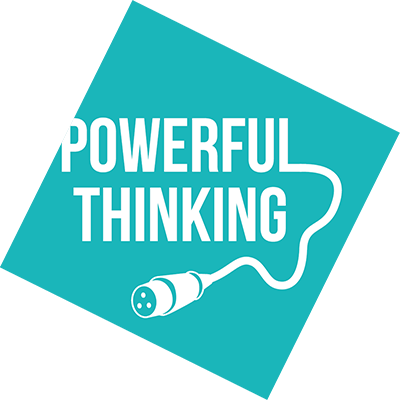About this Factsheet
Wasteful energy management is common at outdoor events in the UK. This is generally the result of poor advance planning and limited information about power requirements, a lack of transparency in relationships, and a lack of focus on energy efficiency.
Contracts with providers are a key tool in managing change, improving energy efficiency and achieving fuel cost reductions.
This factsheet, made in partnership with the Production Services Association (PSA), provides some key tips for creating contracts, which can work for both parties and that will help achieve cost savings and a reduction in emissions. The PSA is the trade association for companies and individuals involved in the live event production industry. Their aim is to represent, improve, educate and develop the business of technical production for live events.
Five Tips for Including Energy Efficiency in Contracts with Power Providers:
1. Consider multi-year contracts – Most suppliers would welcome a multi-year contract. It provides confidence to commit to changes in approach which may take more than one year to achieve, and may help create a willingness to invest in energy efficient equipment.
2. Make energy efficiency a stated priority – Be clear about your intention and agree a realistic target for fuel reductions. With a clear focus on efficiency on both sides, and with contractual obligations and/or stated targets in place, there will be a better likelihood of achieving savings without compromising either party.
As events are all different in nature and size, targets are best based on either previous data for an event, or comparable units of fuel consumption such as ‘litres per audience day’ – i.e. total amount of fuel consumed divided by the number of audience days. There is a simple and free tool to work this out online at: www.powerful-thinking.org.uk/fueltool.
3. Include the collection of power requirements in the contract with the power provider.
Contractors can plan a more robust and efficient power system with good information. In many cases wasteful energy is attributed to bad information, forcing suppliers to build in huge contingencies to keep the show running smoothly.
Supply the power provider with a detailed site map and a full contact list of the end-users of power (i.e. everyone using power), and make it their responsibility to contact each one and establish what power they need.
It’s worth noting that this may be extra work in the contract, so be prepared to budget for this. However also bear in mind that fuel and equipment savings are likely to outweigh this cost.
4. Monitor your energy generators during the event.
This is an essential part of any sensible contract. Contingency capacity will always be required in energy systems for outdoor events, but achieving an efficient system requires reducing this extra capacity to appropriate levels to avoid wastage.
Include monitoring for all (or at least some) of the generators as part of the contract. This will help identify where equipment can be downsized or combined to deliver fuel and equipment savings. Most power suppliers now offer monitoring and reporting – talk to your provider about how this can best be achieved: They may have ‘mobile telemetry’, whereby they can simply set up the generators to send information wirelessly, or they may take readings from the generators at regular intervals. In other cases they can advise volunteers if you choose to put them forward for this task. To understand monitoring better and for a resource pack to support staff/volunteers to monitor generators, see Factsheet #20 – Measuring Generator Loads Resource Pack.
5. Reporting
There is often an absence of reporting about energy performance in the UK festival sector making it difficult for clients to make rational decisions about improving efficiency and reducing costs each year.
Experience shows that working closely with your supplier to achieve efficiency gains is more effective than simply inserting new clauses into contracts, as it typically requires action from both parties. However, without clear obligations there may not be the impetus required to make the changes necessary to improve performance
Recommended content for a power supplier report:
Stipulate a full post-event report as part of your contract to include:
- A general debrief (i.e. what went well and what can be improved including pre-event planning and during the show).
- Total fuel consumption and delivery certificates.
- Certifications as required e.g. biofuel provenance.
- A copy of electrical sign-off certificate (you should already have this).
- Generator information: e.g.
- –Total fuel consumed per generator.
- –Map of generator locations with sizes/zone reference.
- –Load readings for each generator.
- Recommendations for efficiency savings in future years, which can be adopted at the early planning stages of the next event.
Further Resources:
If you are using the Julie’s Bicycle Creative IG Tool to measure carbon impacts, or just wish to ask your power supplier for more information post-event, you can send them the Factsheet #21 – Advanced Measuring Power Resource Pack.
